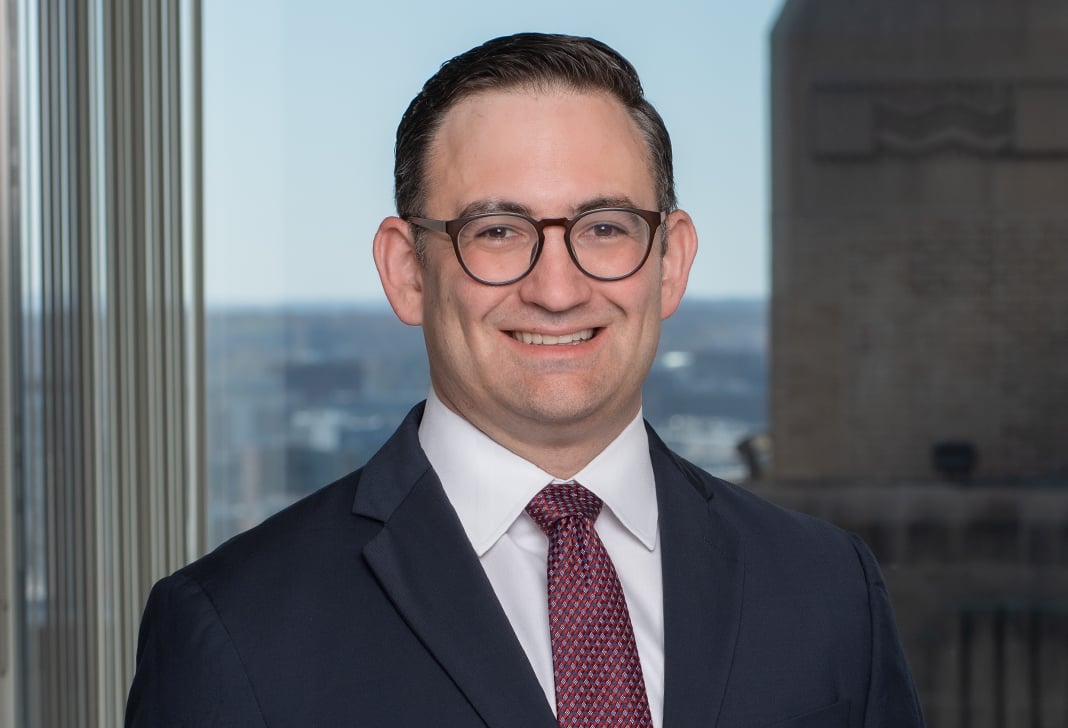
New Immediate Expensing Regulations Present Opportunities and Questions
Following up on 2018 proposed regulations, the government finalized certain aspects and issued new proposed rules on other aspects of the immediate expensing regulations.
The Treasury Department and Internal Revenue Service have issued final and proposed regulations (collectively, the new regulations) under section 168(k) of the Internal Revenue Code. Enacted as part of the 2017 Tax Cuts and Jobs Act, this provision permits a taxpayer to immediately expense 100%—or a lower percentage starting in 2023—of the cost of acquiring many types of tangible property used in a U.S. business (qualified property). The new regulations partially finalize proposed regulations released in August 2018.
Among the many developments:
- The government declined to fix a widely noted error that prevents expensing of certain retail-related "qualified improvement property."
- The final regulations generally allow expensing for previously used assets that the acquiror did not own in the current year or the five previous years, limiting the length of time acquirors must "look back" to determine eligibility.
- The final regulations generally permit a purchaser of a partnership interest to expense the portion of its purchase price attributable to the partnership's qualified property, but reject expensing for other partnership transactions, including remedial allocations.
- The final regulations confirm that the (i) purchaser of an interest in a single-member limited liability company ("LLC") generally is eligible for expensing the purchaser's portion of the LLC's qualified property and (ii) underlying LLC does not receive any deduction.
- The proposed regulations generally clarify the extent to which a taxpayer is treated as having a depreciable interest in property by virtue of its status as a partner in a partnership holding that property.
- The proposed regulations generally clarify that a consolidated group's acquisition of qualified property and one or more target corporations from another consolidated group is eligible for expensing, provided the target corporations did not directly hold the qualified property.
- The proposed regulations generally provide that, if an actual or deemed asset sale occurs within a consolidated group and the purchaser leaves the group within 90 days thereafter, the sale generally qualifies for expensing, and the purchaser or its new consolidated group receives the deduction.
- The proposed regulations generally permit taxpayers to expense certain components of self-constructed property even though manufacturing, construction, or production of the property began before the statute's 2017 effective date.
The final regulations generally are effective immediately. The government requested comments by November 25, 2019, on the proposed regulations, which are not effective until the tax year in which they are finalized. However, taxpayers generally can elect to apply the new regulations to qualified property acquired and placed in service after September 27, 2017.



